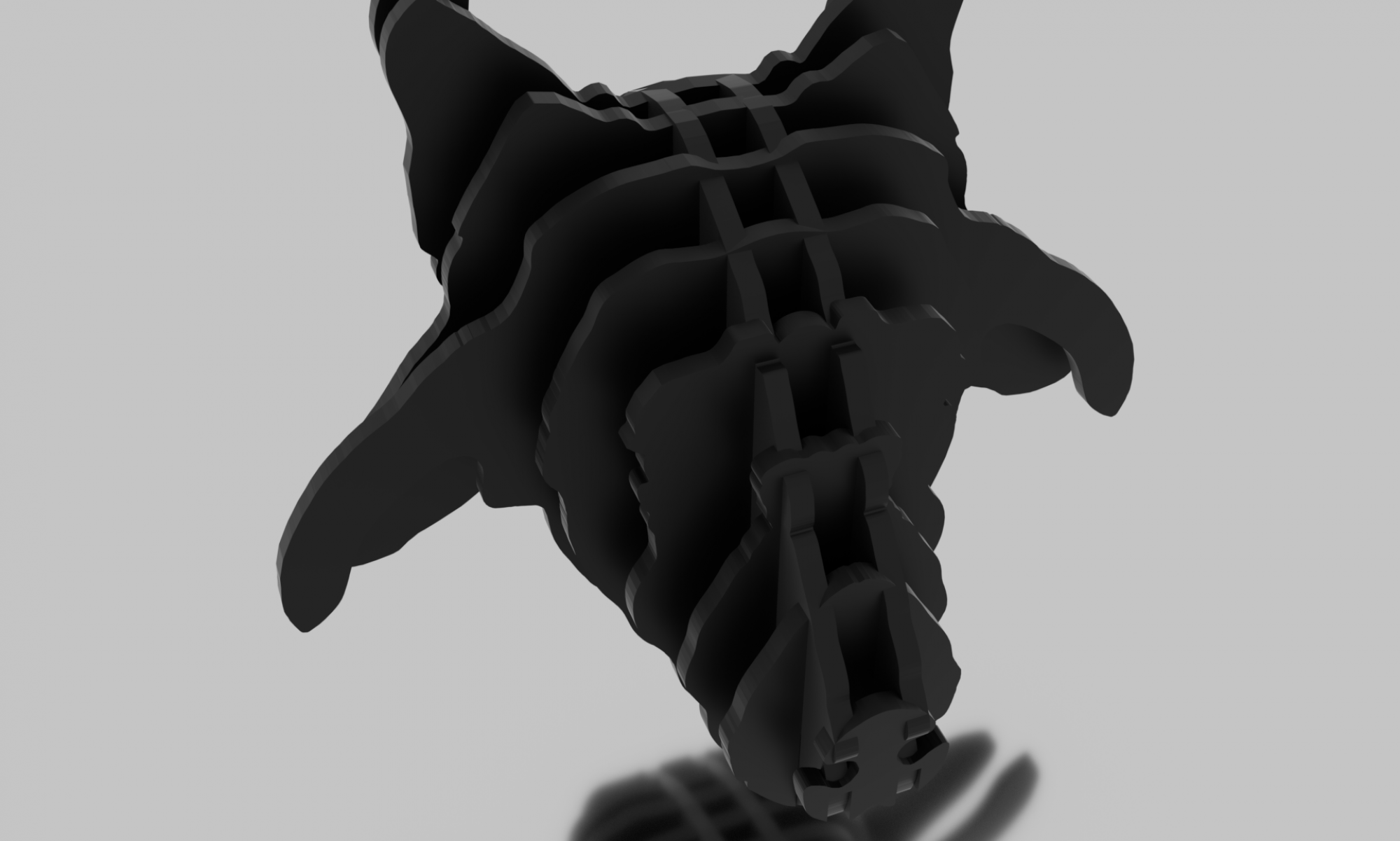Reflective Paper 1: Death Fugue by Paul Celan
Definition:
Death Fugue by Paul Celan is one of the most intense poems written after the Holocaust. It is rife with contrasts and deeper meaning as well as references to other literature pieces. The poem was written after the end of World War two by Paul Celan, a Romanian Jewish man who survived Auschwitz and some of the worst parts of World War Two. He grew up in the short-lived kingdom of Romania and was moved, along with most of the Romania Jews, to ghettos before being moved to concentration camps. After the war, he moved to Western Europe to avoid the communist regimes.
Reflection:
The poem, aptly and perhaps, redundantly, is called Death Fugue. Todesfuge, in German, calls back to the repetition of a motif found in fugues. In the poem, the lines “Black milk of daybreak we drink it at evening / W drink it at midday and mornings we drink it at night/ we drink we drink” are repeated, with slight variations, at the start of each stanza. In the fugue, the post motif part is called the episode. It is paralleled by lines about the overseer and him writing back to German, presumably to his golden-haired Aryan lover.
The use of Margaret is a callback to the German ballad of Faust, most notably interpreted by Goethe. Margaret, or Gretchen as she is often called, represents an ideal, Christian, German woman with blonde hair and blue eyes. The antithesis, as written in the poem, is Sulamith, a stand-in for the typical Jewish woman. Interesting her hair is referred to as “ashen”, which is not typical black that Jews typically have.
There are several contrasts in the poem, notably the black milk. The contrasts are also shown in between the golden-haired Margaret and the ashen hair Sulamith. Subtler is the contrast between digging a grave and being cremated and having a “grave the in the clouds there you won’t lie too cramped”. Also, there is a contrast between the character of the narrator and the overseer who, given the context, led very different lives with very different belief systems.
Contextualization:
While a lot of German writers in post-war Germany were German veterans, Paul Celan stood out as a Jewish German Holocaust survivor. His writing was more emotional and displayed the horrors of war in vivid detail. He also told his poems with deep emotion that could only be achieved by someone who lived through the things he wrote about. Many of his contemporaries disliked his writing for this reason. One instance is told about when he went to read for some of the leading Trummerlitertur authors and they laughed him off stage for trying to express his experience of the war with emotion.
Conclusion:
I think the Death Fugue is one of the most moving poems out there and I would be hard pressed to find a better author for it. It is unlikely that the Western world will ever have such authentic expressions of pain and horror anytime soon, god willing.

